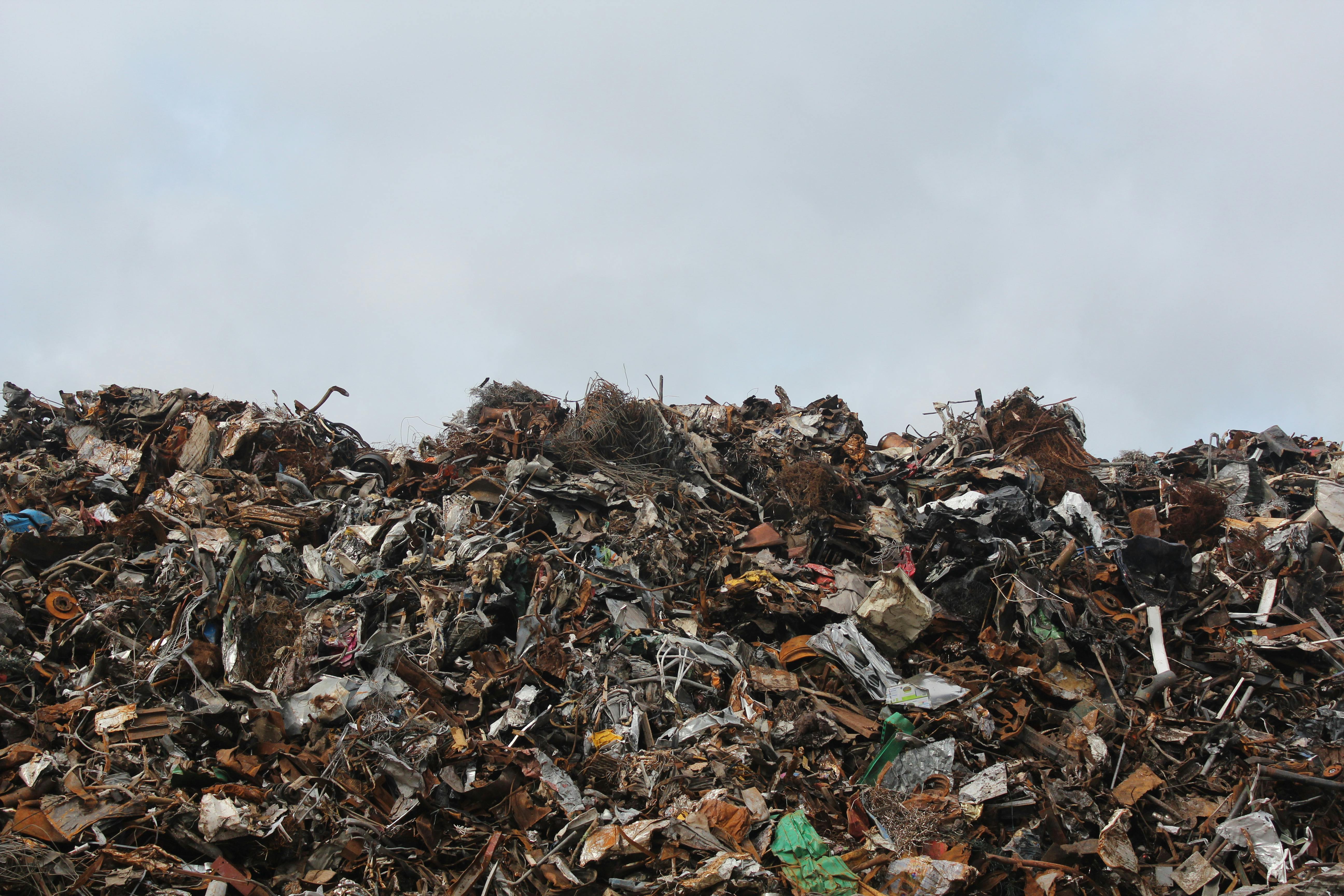Exploring Waste Management Jobs: Opportunities and Educational Paths
Waste management is a vital industry with a range of roles that focus on sustainability and community well-being. Many people explore this field to make a positive impact, and there are educational paths that can enhance understanding and career prospects. Discover more in this article.

What types of jobs are available in waste management?
The waste management industry offers a diverse range of career opportunities, although specific job openings can fluctuate. Some potential roles in this field include:
-
Waste Collection Operators: These professionals are responsible for collecting and transporting waste from residential and commercial areas to disposal or recycling facilities.
-
Environmental Engineers: They design and implement systems for waste treatment, recycling, and pollution control.
-
Landfill Managers: These individuals oversee the daily operations of landfill sites, ensuring compliance with environmental regulations.
-
Recycling Coordinators: They develop and manage recycling programs for municipalities or large organizations.
-
Hazardous Waste Specialists: These experts handle the safe disposal of dangerous materials.
It’s important to research current job market conditions in your area, as the availability of these positions can vary widely.
What skills are required for careers in waste disposal?
While specific requirements can differ based on the role and employer, some general skills that may be valuable in waste management careers include:
-
Knowledge of environmental regulations and policies
-
Understanding of waste treatment technologies
-
Strong problem-solving and analytical skills
-
Excellent communication and teamwork abilities
-
Attention to detail and safety awareness
-
Proficiency in data management and reporting
Prospective job seekers should consult job listings and industry resources for the most up-to-date skill requirements in their desired roles and locations.
How can I pursue education in waste management?
There are various educational paths that can prepare individuals for careers in waste management, though completing a program does not guarantee employment. Some options include:
-
Associate Degrees: Community colleges may offer two-year programs in environmental technology or waste management.
-
Bachelor’s Degrees: Many universities provide four-year programs in environmental science, engineering, or related fields with a focus on waste management.
-
Master’s Degrees: Advanced degrees in environmental management or engineering can provide specialized knowledge for leadership roles.
-
Certifications: Professional organizations offer certifications in specific areas of waste management, which can demonstrate expertise to potential employers.
-
Continuing Education: Many institutions provide short courses or workshops for professionals looking to update their skills.
It’s advisable to research the specific educational requirements for your desired career path and consult with academic advisors or industry professionals for guidance.
What is an MBA in waste management overview?
An MBA in waste management is a specialized graduate degree that combines business administration principles with waste management expertise. This program typically covers:
-
Business fundamentals (finance, marketing, operations)
-
Environmental policy and regulations
-
Sustainable waste management practices
-
Project management in environmental services
While an MBA can enhance managerial skills and industry knowledge, it’s important to note that holding this degree does not guarantee a specific job or salary level. Prospective students should carefully evaluate program outcomes and current industry trends before pursuing this educational path.
What are the current trends in environmental services roles?
The waste management industry is evolving, with several trends shaping environmental services roles:
-
Increased focus on recycling and circular economy principles
-
Growing importance of data analytics in waste management
-
Adoption of smart technologies for waste collection and sorting
-
Emphasis on sustainable practices and renewable energy from waste
While these trends suggest potential growth areas, job seekers should be aware that the actual job market can vary significantly by region and over time. It’s crucial to research current local conditions and consult industry reports for the most accurate information.
Conclusion
The waste management sector offers a range of potential career paths for those interested in environmental sustainability. While opportunities exist in various roles, from operational to managerial positions, it’s essential to approach this field with realistic expectations. Job availability, required qualifications, and industry trends can vary widely. Prospective professionals should conduct thorough research, gain relevant education and skills, and stay informed about current market conditions to make informed career decisions in waste management.




